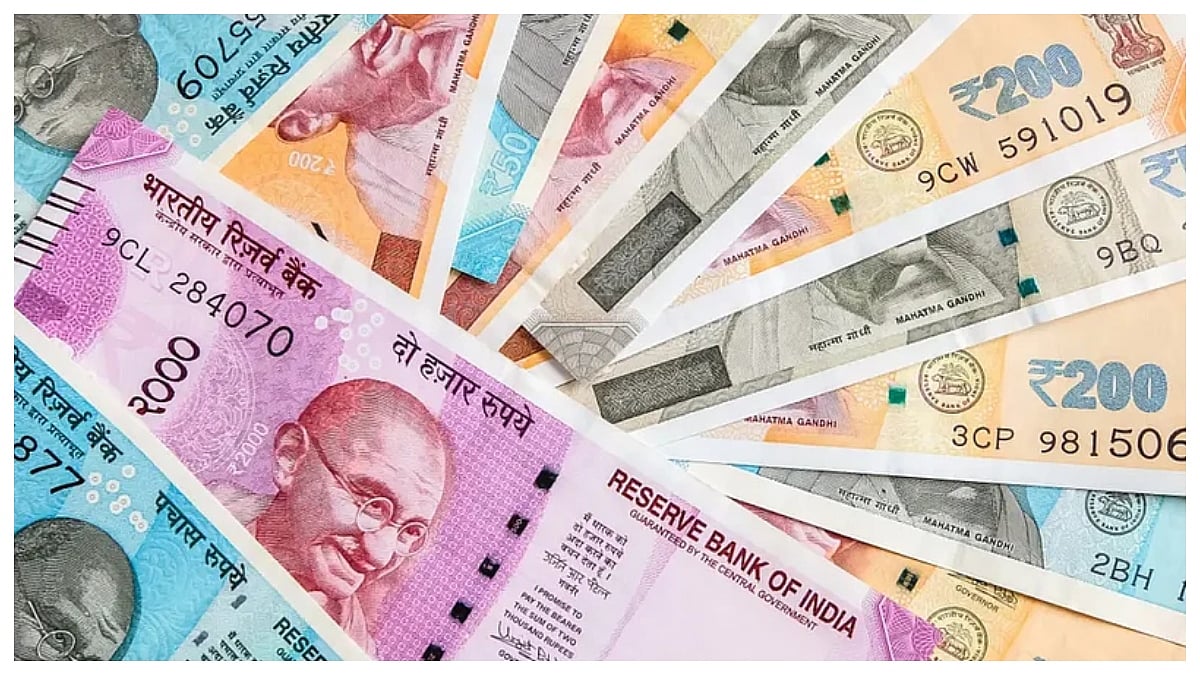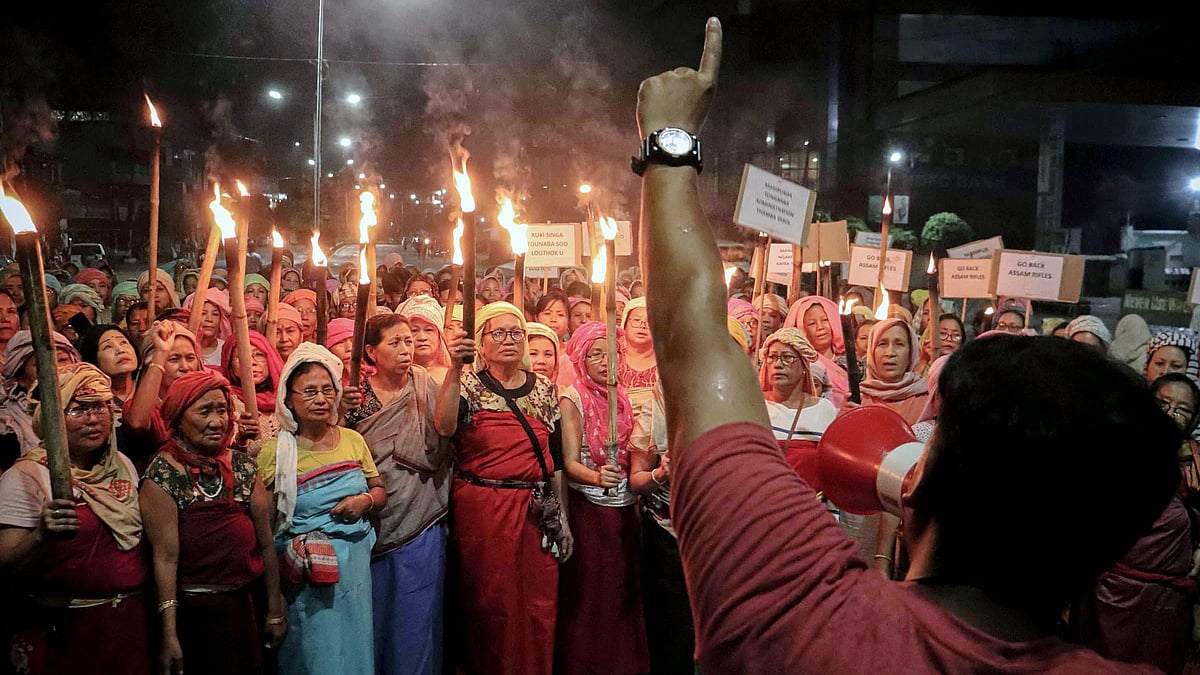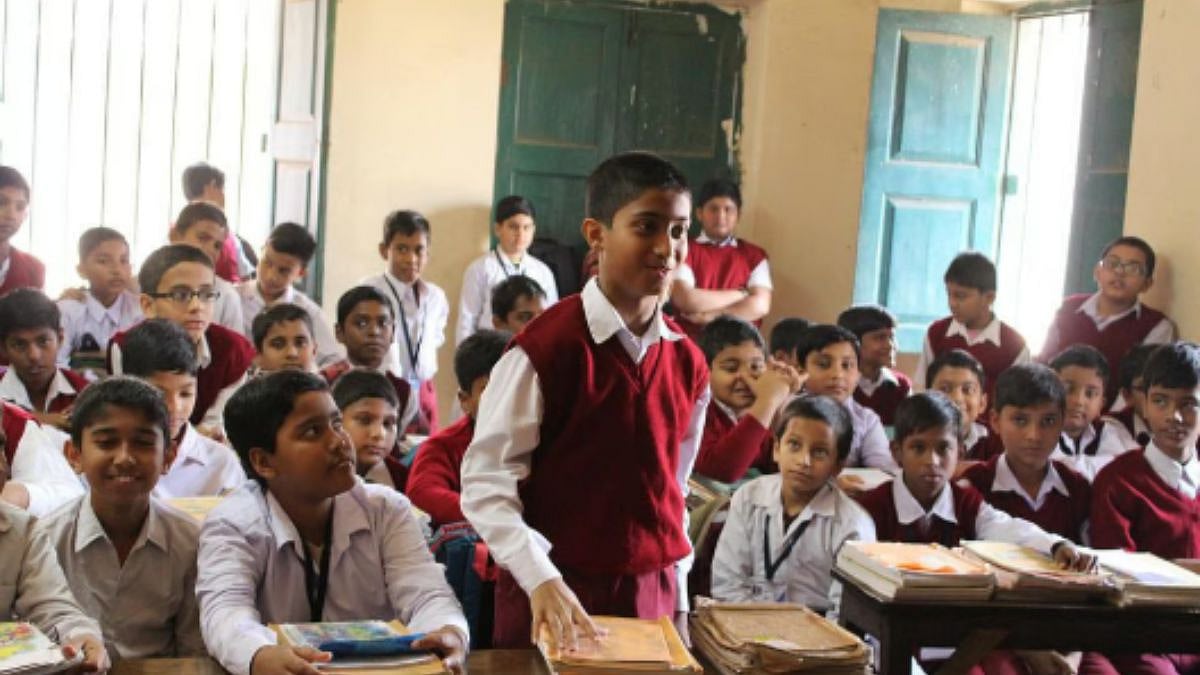Prolonged electoral campaign, scorching heat and intense polarisation make a potent combination. Most Indians are mesmerised by the election contest, and the 24x7 breathless media coverage is almost entirely about who will win and who will lose. In all this excitement, two all-important questions are often neglected.
The first question is what will happen after the election. I have always maintained that elections are not about the candidates; they are about us, the voters and tax payers. We entrust our collective needs to the care of our elected representatives through our vote, and we pay taxes to fund the collective services and public goods. Therefore the elections are about what will happen in the next five years. Will our collective needs be fulfilled efficiently and wisely? Or will those in power focus on pleasing the voters by short-term individual welfare at the cost of long-term public good? And will the elected representatives focus on public good, or will they enjoy power for private gain at our expense? This is the central question of representative democracy, and most of these columns are devoted to raising issues relevant to it.
But there is a second question vital to the health of representative democracy. What kind of people are attracted to public office? How are the contesting candidates recruited? Are the most public-spirited, ethical, rational citizens entering public office, or are they deterred? Only when the public-spirited and competent citizens find politics hospitable, and when they can rise to power through ethical and rational means, can we be governed well. If unworthy citizens rise to office, or if the means to power are so unwholesome and ugly that they subvert the collective public good that those in power should pursue, then we will continue to under-perform as a nation. Let us briefly examine political recruitment in our country.
Prime Minister Narendra Modi has accused several major Opposition leaders of running away from direct elections to legislatures. It is true that in a democracy the legitimacy for a government or leadership is derived from people’s mandate. All power springs from vote, and all institutions of state in turn should be accountable to the elected legislature directly or indirectly. Otherwise we will have unelected autocracy, and democracy is subverted.
But the issue is more complicated. Nirmala Sitharaman, the Finance Minister, recently explained her political predicament publicly. She politely declined to contest for Lok Sabha, and revealed her two handicaps in electoral politics. She did not have the money power needed to get elected, and she was not born in the right caste to have a realistic prospect of electoral success in her home State (Tamil Nadu) or adopted State (AP/Telangana).
Sitharaman is a competent, honest, public-spirited leader who is serving the country well. Irrespective of the party affiliation, we need leaders like that in public office. And yet, very often the individuals who are best suited to public service are not electable, and those ‘electable’ are often not fit to govern well! Jaishankar, Venkaiah Naidu, Arun Jaitley, Arun Shourie, Manmohan Singh, Pranab Mukherjee, and many other competent leaders had to be accommodated in Rajya Sabha as our electoral process often does not give space to worthy individuals.
It is no secret that in many States, the unaccounted, illegitimate expenditure incurred by major candidates is astronomical. There is intense, unseemly competition for obtaining a major party endorsement for election to Legislative Assembly or Lok Sabha. There is no country where there is such a scramble for ‘seats’ before an election, despite the cost of election and the uncertainty of outcome.
Often the question asked of an aspirant for a ‘seat’ is, how much money they would spend! Many persons who made vast amounts of money by legitimate or illegitimate means seem to seek validation through elective office. They are willing to spend astronomical sums to get themselves known in the constituency, please the key leaders of a party and most of all distribute money and gifts to the voters, apart from incurring the legitimate campaign expenditure. In many states, a person who cannot raise and spend Rs 15-30 crore for Assembly election or Rs 50-75 crores for Lok Sabha election is generally not in serious consideration for a party's candidature. Once the money hurdle is cleared, the caste of origin of the aspirant becomes the most important determinant.
As parties rely on caste as the most important means of political mobilisation, the caste of the future candidate is all-important. Sadly, since money power and pleasing the party bosses are critical, a genuinely worthy leader from the ‘wrong caste’ may not have much of a chance! In a milieu in which power is highly centralised and voters have no means of knowing the candidate’s antecedents, pedigree is a vital asset in our elections. It is not an accident that most parties are dynastic, and even in constituencies local dynasties dominate. Once a parent is (or was) an established politician, there are several advantages the son/daughter enjoys – caste, money, name-recognition, connections in party, and network in the constituency. In the absence of mechanisms to groom genuine leadership, pedigree offers great advantages. We are worried about criminalisation of politics. About one-sixth of the candidates of major parties have serious criminal antecedents. There is a reason why established crime lords are perceived by parties to be electable; they have money (from crime), caste support (every criminal who entered politics styled himself as a caste community leader), strong organisation and muscle power, and name-recognition (though ‘settlements’).
Our democracy is real and robust; but it is also fragile and flawed in some respects. We need to go beyond partisan politics and power struggles to strengthen our democracy and make our governments work for us, the voters and the tax-payers.
The author is the founder of Lok Satta movement and Foundation for Democratic Reforms. Email:drjploksatta@gmail.com / Twitter@jp_loksatta









